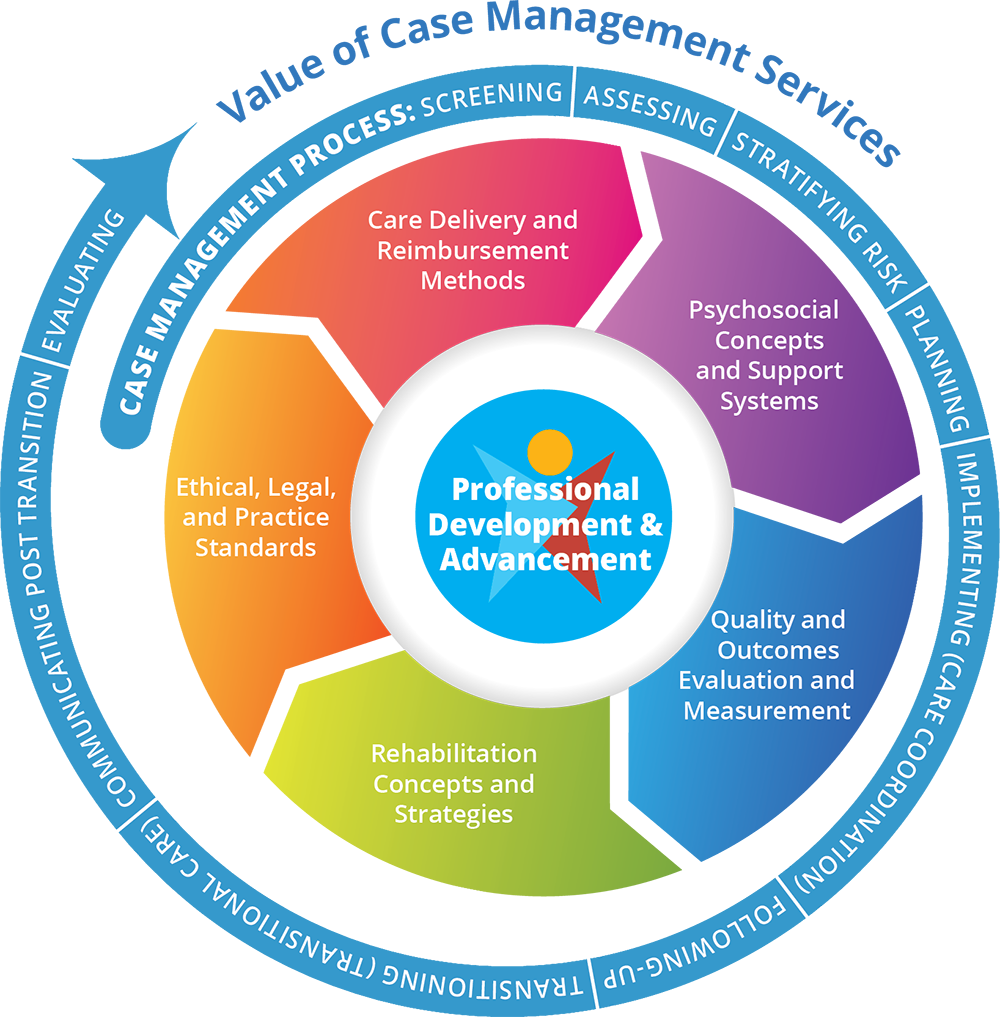After a heart attack you may feel overwhelmed. Maybe you’re afraid because heart disease runs in your family. But there are steps you can take to help your heart. A healthy diet and lifestyle changes can help prevent another heart attack. Small steps can have a big result!
Healthy eating
Making healthy food choices can help lower the risks of a heart attack. Eating a healthy diet of vegetables, fruits, and whole grains, and limiting sweets, sugary drinks, and red meats, will help lower your risk of a subsequent heart attack. With the help of a good diet, you can lower:
- High Cholesterol. Cholesterol, especially LDL, or "bad," cholesterol, can create fatty deposits in the blood vessels. This can raise the risk of another heart attack
- High blood pressure can make the heart work too hard and raises the possibility of a heart attack. Controlling the amount of sodium you eat can help lower blood pressure. High blood pressure and high cholesterol are the 2 leading causes of heart attacks
- Blood sugar. Diabetes causes your blood sugar to rise sometimes to dangerous levels, which can lead to problems with your kidneys, eyes, and heart. In time, diabetes can lead to a heart attack. Avoiding sweets and sugary drinks are just 2 ways of managing diabetes through diet
- High triglycerides. Triglycerides are major fats found in your blood. High triglyceride levels may harm blood vessels and when combined with high cholesterol increase the risk of heart attack. Avoiding high-fat foods, such as fatty desserts and fried food, can help lower triglyceride levels
Talk with your health care team, including a dietitian, about the benefits of a healthy diet.
Exercising
Being active can help prevent heart disease. Check with your doctor before starting any exercise. If your doctor gives you the go-ahead to exercise, ask if you can join a cardiac rehabilitation program. This can help you develop an exercise plan.
Quitting smoking
It’s a fact: smoking is bad for you. It raises the risk of having a heart attack. But you can lower your risk by quitting. You can fi nd help on stopping smoking at the American Lung Association website (www.lung.org) and with support groups at your local hospital or community center. You can also talk to your care team about nicotine replacement therapy, which can help you get off nicotine.
Alcohol consumption
Drinking too much alcohol can raise your blood pressure and increase your risk of a heart attack. Talk with your doctor to determine an acceptable amount of drinks to consume, if any. A drink is one 12-oz beer, 4 oz of wine, 1.5 oz of 80-proof spirits, or 1 oz of 100-proof spirits.
Stress relief
A few studies have found a link between heart attack risk and stress. Stress can lead to activities that increase heart disease risk. For example, some people may deal with stress by drinking alcohol or smoking cigarettes. You can’t get rid of stress in your daily life, but you can change the way you handle it. Try to reduce your stress with meditation, deep breathing exercises, or treat yourself to a massage.
Changing habits of many years can be hard. But research has shown that smoking, a lot of drinking, and high stress will probably cause health problems. And they are a major cause of going back into the hospital. Making changes is important. Even small steps can have a big impact on your health.

